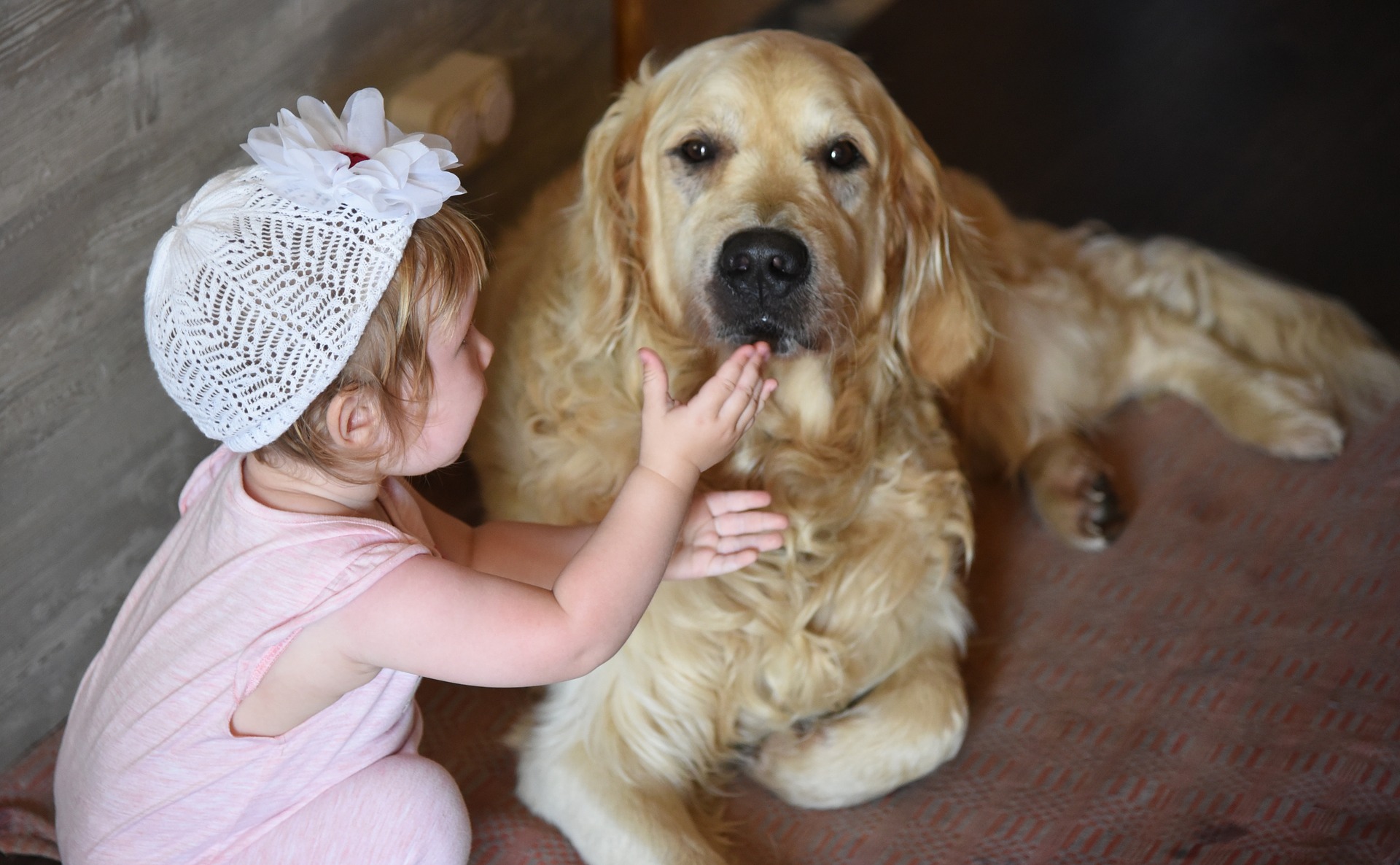Last week, we discussed the difference between service dogs and emotional support animals. Service dogs have distinct jobs and are trained for individual tasks. While most dogs are predisposed to helping out their human best friends, some breeds are better equipped for the job. Choosing the right service dog matters, though – especially when trained to work with veterans or children. This article will look at the best service dog breeds you can consider.
Service Dog Breeds – Necessary Characteristics
Every dog is different and unique. You may have a perfectly adorable, loving dog that does not have the necessary skill set for being an effective service dog. Here are the basics:
- Intelligence
- Calm but energetic
- Obedience and emotional composure
- Friendliness
- Focus
8 Potential Dog Breeds for Service
Professional dog trainers can train any dog breed for specialized tasks. However, certain breeds are “naturals” when it comes to this type of work.
Some service dogs can help people with disabilities or health challenges, as veterans often have. Some dog breeds are better with mental health issues and PTSD, while others adapt well to owners who need physical assistance. The dog breed that is best for the situation may vary based on need.
- Labrador Retriever: The labrador’s best qualities are its calm demeanor, loyalty, and intelligence. They are easy to train and make excellent service dogs.
- Golden Retrievers: Because of their intelligence, obedience, and friendly demeanor, goldens make ideal service dogs for children, especially those with mobility issues.
- Boxers: Boxers are gentle and easy-going, and they are appropriate to be around people of all ages, even those in loud or busy environments. Because of their intelligence, they are wonderful psychiatric support dogs. However, there is one caveat – boxers have a lot of energy and should get plenty of exercise. If their owner cannot exercise them daily, the dog may not be the right fit.
- Lhasa Apsos: These little dogs offer tremendous psychiatry support. They are happy and friendly, which can be very beneficial for those suffering from PTSD, anxiety, or other mental health problems. Some Lhasa Apsos can be shy, but once they warm up, they are very loyal and attached to their person.
- Standard Poodles: Full-size standard poodles are the best equipped for service-related jobs. They are intelligent and sturdy enough to assist with many physical needs. Poodles are easy to train, and they enjoy working and taking on challenges. Standard poodles are also hypoallergenic, making them ideal among service dog breeds for people with dog allergies.
- Border Collies: Collies are known to be one of the most intelligent dog breeds in the world. They are wary of strangers but have a strong bond with their owners. This characteristic makes them excellent service dogs for people with PTSD. Collies also have the remarkable ability to sense approaching seizures, making them the best choice for those with epilepsy or other conditions that cause seizures.
- Pomeranians: Pomeranians are amazingly intuitive early-warning dogs, capable of alerting their owners of signs of diabetes, Parkinson’s disease, and even asthma. Pomeranians are often the right dog breed for the deaf and people with mental health challenges. They are easy to transport and carry into places where larger breeds wouldn’t fit or may not be allowed.
- German Shepherds: German Shepherds are often employed as guide dogs, as they are versatile and can help people with almost any impairment – PTSD, anxiety, and even blood sugar monitoring for diabetic patients. They are also great for mobility and balance assistance due to their large size and strength.
We love all types of dogs, but the above dogs make exceptional service dogs. In the next blog, we will discuss more ways to choose the right dog for your situation.
For more information on the training possibilities for your dog, call Gulf Coast K9 Dog Training.





